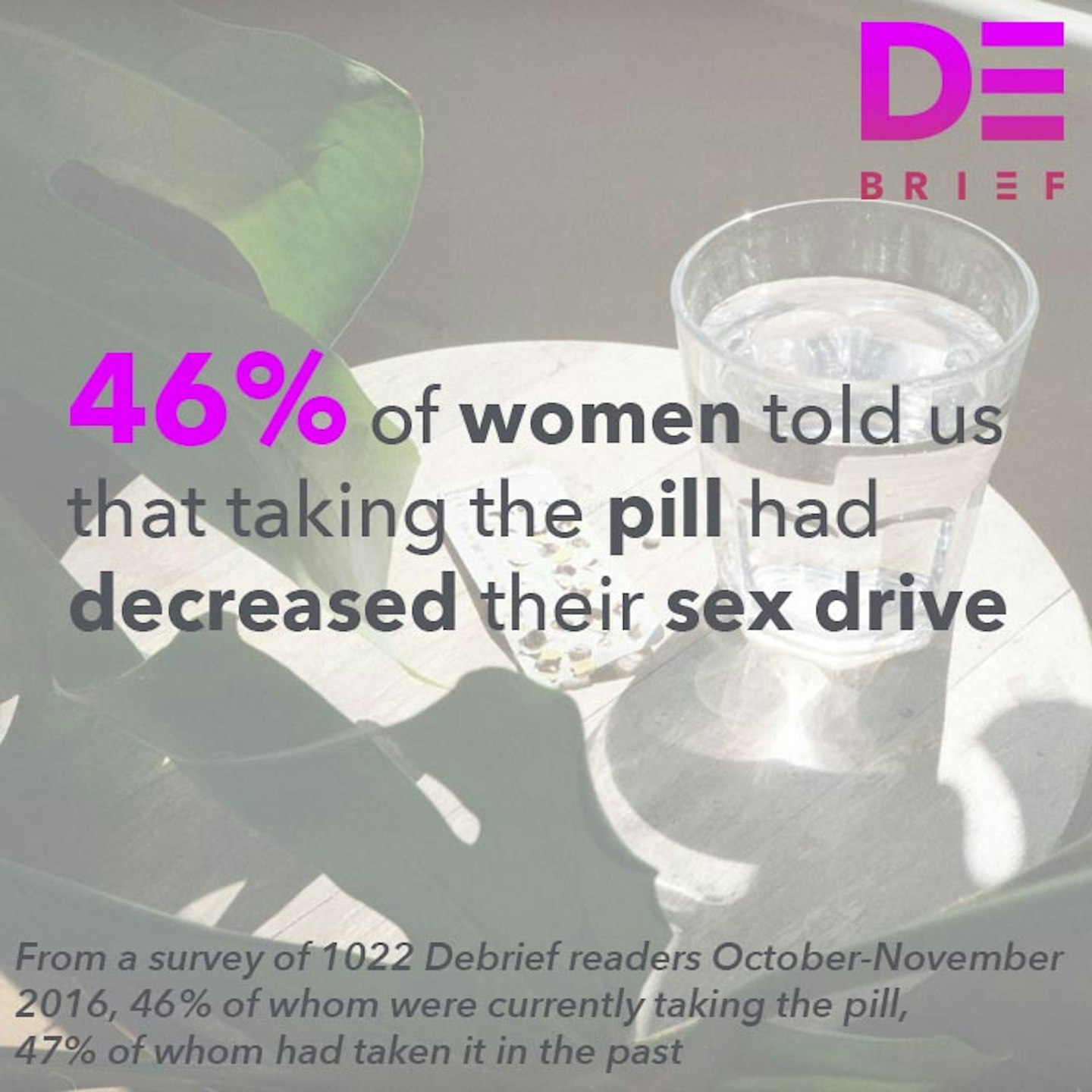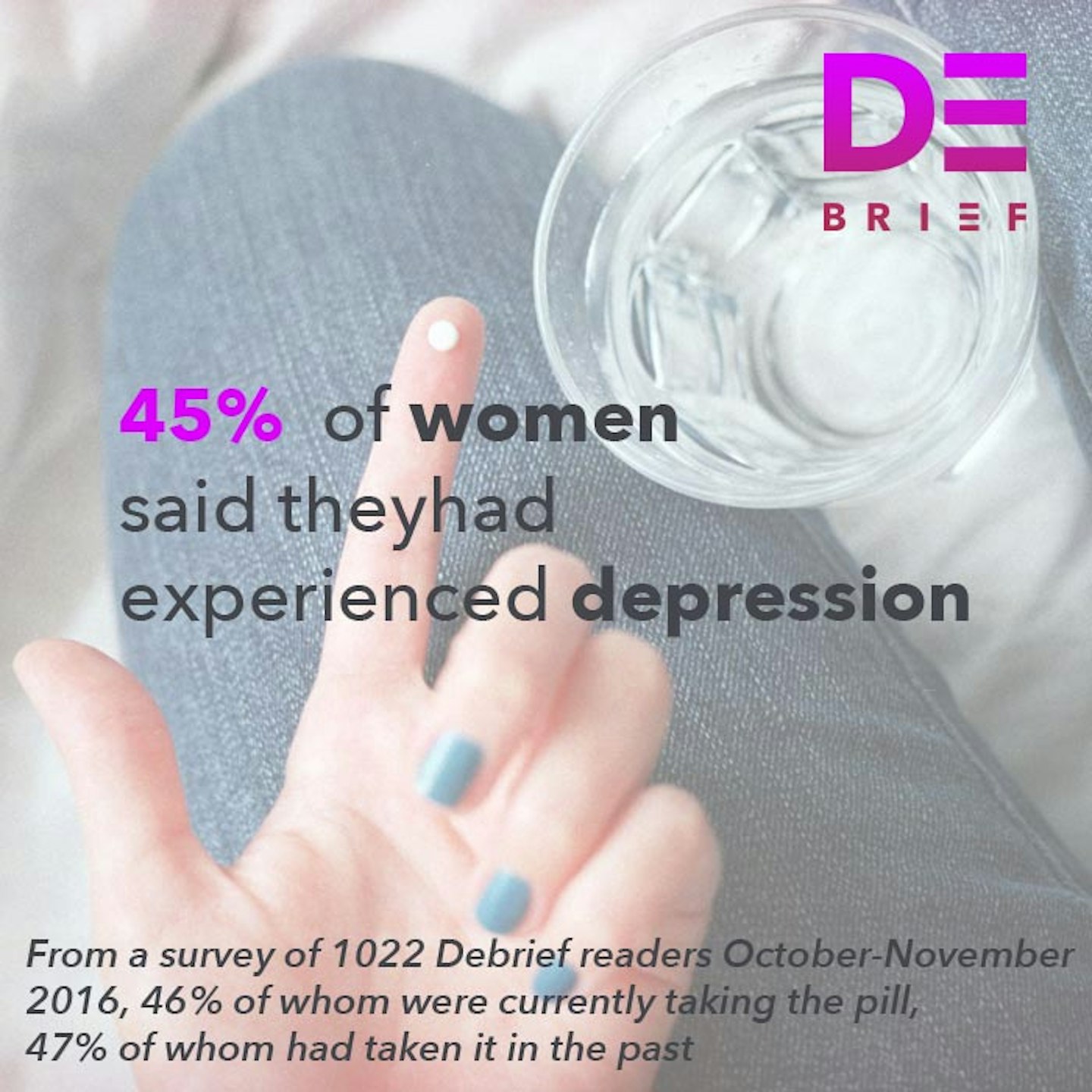Following the decision to acquit footballer Ched Evans of rape in 2016, concerns were raised about the fact that his accuser’s sexual history had been admitted as evidence during his retrial. Evans was convicted of raping a 19-year-old woman and sentenced to 5 years in prison in April 2012. However, at his appeal in 2016 he was acquitted after evidence gathered by a private investigator was submitted.
In court, this evidence was heard in the form of testimonies from two men who spoke about Evans’s accuser’s sexual preferences as well as the language she had used during sex with them. At the time, Rachel Krys, co-director of the End Violence Against Women Coalition told The Debrief ‘we are very concerned at the precedent which might have been set in this case for allowing sexual history of complainants to be admissible evidence. The rules which prevent this are extremely important and are critical in trying to secure justice in rape cases.’ Indeed, Section 41 of the Youth Justice and Criminal Evidence Act 1999 is supposed to protect the vulnerable and impose a limit on the circumstances under which someone’s previous sexual experiences can be introduced to a court as evidence.
Since then, the Ministry of Justice and the Attorney General’s Office have published research which, they say, confirms that in 92% of rape cases no evidence of the complainant’s sexual history was introduced to the trial as evidence by the defence.
However, a campaign to reform the law which is being led by Labour’s Harriet Harman and Dame Vera Baird QC (both of whom have previously held the position of Solicitor General) say that they have evidence which suggests the MOJ’s research isn’t quite telling the full story.
In a letter dated January 9th, Harman and Baird wrote that they were ‘disappointed and baffled’ by the MOJ’s report. ‘The numbers in your report are therefore not based on anything which could be regarded as reliable. Yet on this basis you conclude the law is being correctly applied and does not need amending', they wrote, adding: ‘We seriously challenge this’.
Baird, who is now the Police and Crime Commissioner for Northumbria Police, has obtained research which is based on rape trials at Newcastle Crown Courtwhich finds that complainants’ sexual history was used as evidence in 11 out of 30 trials, that’s 37 per cent. She reports that in almost two thirds of these cases, the proper procedure which is supposed to be followed when applying for the judge’s consent to submit such evidence, was not followed.
**READ MORE: The Debrief Investigates - Hormonal Contraception And Mental Health **
Debrief Mad About The Pill Stats
 1 of 9
1 of 9Debrief Mad About The Pill Stats
 2 of 9
2 of 9Debrief Mad About The Pill Stats
 3 of 9
3 of 9Debrief Mad About The Pill Stats
 4 of 9
4 of 9Debrief Mad About The Pill Stats
 5 of 9
5 of 9Debrief Mad About The Pill Stats
 6 of 9
6 of 9Debrief Mad About The Pill Stats
 7 of 9
7 of 9Debrief Mad About The Pill Stats
 8 of 9
8 of 9Debrief Mad About The Pill Stats
 9 of 9
9 of 9Debrief Mad About The Pill Stats
The research gathered by the campaign also reports one woman being asked whether she had previously had anal sex by the defence as part of an attempt to ‘give the impression they would consent to a wide range of sexual experiences, to influence the jury into thinking the survivor had in fact consented and that it wasn’t rape.’ Other instances include defence barristers submitting evidence that complainants use sex toys, had several sexual partners and extramarital affairs to undermine their credibility.
This, Baird and Harman say, could discourage women from reporting instances of rape. More than this, it undermines the purpose of a rape trial, deliberately confuses the meaning of consent and could prejudice a jury against the accuser in a sexual offence trial. As Baird told BBC Radio 4’s Today Programme at the time in 2016 her work as Solicitor General went towards protecting complainants in rape trials to prevent them from becoming ‘inquisitions into’ their ‘sex lives’. As she saw it, the use of such evidence at Evans’s appeal hearing was tantamount to ‘pouring prejudice in, which is exactly what used to happen before the law in 1999 stopped the admission of previous sexual history in order to show consent’.
Only last week, the Fawcett Society publishedtheir Sex Discrimination Law Review Report. In this, they conclude that the current rules are ‘often ignored’ which results in accusers ‘having their sexual history used in court without prior notice’. They suggest that ‘to combat this, victims should have a right to legal representation whenever an application to use section 41 is made; and the Government must review the law – in particular, whether the use of sexual history evidence should be used at all for the purposes of establishing consent’.
Harman and Baird’s campaign to reform the law is back by Women’s Aid, Rape Crisis, End Violence Against Women, Victim Support as well as members of the Labour, Liberal Democrat, Green and Plaid Cymru parties.
Follow Vicky on Twitter @Victoria_Spratt
This article originally appeared on The Debrief.
